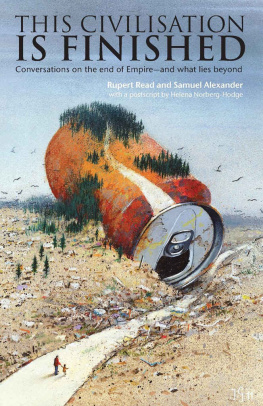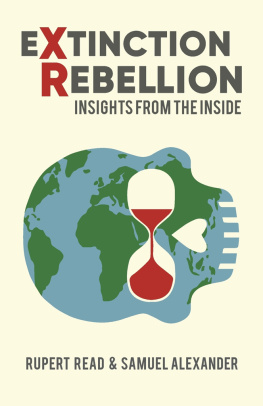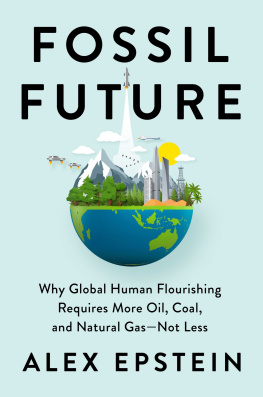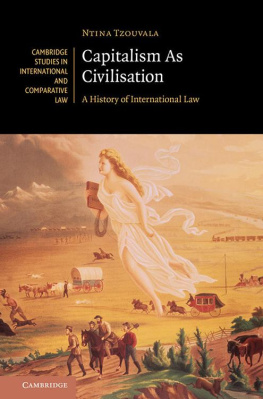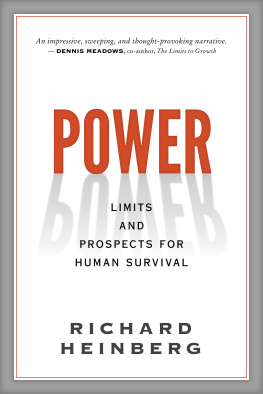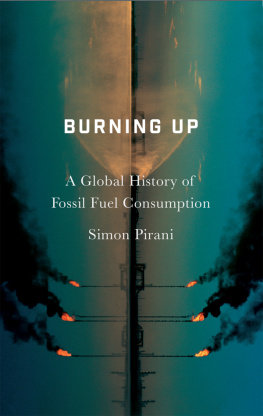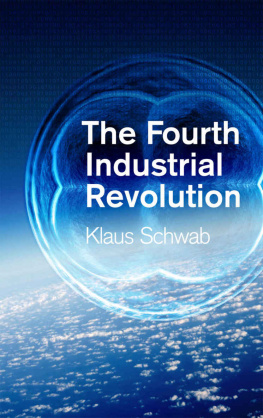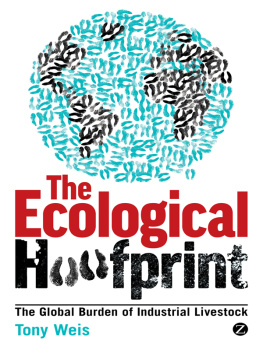THIS CIVILISATION IS FINISHED
Conversations on the end of Empireand what lies beyond
Rupert Read and Samuel Alexander
THIS CIVILISATION IS FINISHED:
Conversations on the end of Empireand what lies beyond
Published by the Simplicity Institute, Melbourne 2019
www.simplicityinstitute.org
Copyright 2019 Rupert Read and Samuel Alexander
Cover image by Jerzy Gluszek 2019
Cover design by Sharon France 2019
Layout and typesetting by Sharon France (Looking Glass Press)
Typeset by in Trajan and Stone Sans
All rights reserved
ISBN: 978-0-9942828-4-2 (online)
This text may be freely shared and used on a not-for-profit Creative Commons basis.
A brave and necessary conversation, which digs deep into ideas which will make many peopleincluding many greensuncomfortable. This book should help everyone to question their own assumptions.
Paul Kingsnorth, co-founder of The Dark Mountain Project
Decades of pretence are coming to a close. Rapid changes in our climate are waking us up to the reality that we and the Earth are one system. The wasted decades mean we are woefully unprepared for the consequences of our actions. Read and Alexander show that our civilisation of separation is finished. They invite us to start having difficult but creative conversations about the shape of whats to come and how we might get there. A helpful balm for climate anxietythis book leaves you feeling that something could be salvaged and something better might even be born.
Jem Bendell, author of Deep Adaptation
Far from urging dejection or despair, these authors look at the greatest challenges facing humanity with unusual honestyand yet they find meaning, purpose, and perhaps even hope in unexpected places.
Richard Heinberg, author of The End of Growth
Bring your fear, your despair and your hope to this bookit will nurture them all with sharp and nuanced insight.
Kate Raworth, author of Doughnut Economics
We are facing collapse on multiple levels, but the good news is that the crises we face are interconnectedthey share a root cause, and there is a systemic strategy for beginning to solve them simultaneously. This book is an example of the kind of big picture activism we need in order to get people to zoom out, see their commonalities with unlikely allies, and unite voices for a fundamental shift in direction. We have the opportunity to create a peoples movement; a coalition like never before. I agree with Rupert and Samuel that the end of civilisation as we know it gives us an opportunity to create the conditions for both human and ecological wellbeing. They are among the rare academics who have the courage to go beyond the confines of narrow specialisation to speak out, to question the dominant narrative.
Helena Norberg-Hodge, author of Ancient Futures
CONTENTS
ACKNOWLEDGEMENTS
Deep thanks to Peter Kramer, Victor Anderson, and Aseem Shrivastava for illuminating readings of the manuscript. Thanks also to Kanada Gorla for insightful conversation on the concept of civilisation, and to Cathy Rowett for ideas concerning what humanitys great achievements really are. Furthermore, we are extremely grateful to our editor, Antoinette Wilson, for her meticulous reading of our manuscript, and to Sharon France, for her timely and stylish work typesetting the book and designing the cover. The cover image was kindly provided by Jerzy Gluszek (http://www.gluszek.com/).
There is an abyss opening up before us. It challenges everything we thought we knew about our culture and about nature. We need to look into it and concentrate on what we can see.
Paul Kingsnorth
1. GAZING INTO THE ABYSS
Samuel Alexander (SA): Rupert, I would like to invite you into a space of uncompromised honesty. Let us engage each other in conversation, not primarily as scholars wanting to defend a theory, or as politicians seeking to win votes or advance a public policy agenda, or even as activists fighting for a cause, but instead, just as human beings trying to understand, as clearly as possible, our situation and condition at this turbulent moment in history.
When I look at the world today, I see the vast majority of academics, scientists, activists, and politicians self-censoring their own work and ideas, in order to share views that are socially, politically, or even personally palatable. There are times, of courseoften there are timeswhen we must be pragmatic in our modes of communication, and shape the expression of our ideas in ways that are psychologically digestible, compassionate, or even crafted to be attractive to an intended audience. But the more we do that, the more constrained we are from saying what we really think; the less able we are to look unflinchingly at the state of things and describe what we see, no matter what we find. If we never find ourselves in spaces of unconstrained openness, we might not even know what we really think, hiding truths even from ourselves.
It seems to me that one of the first principles of intellectual integrity is not to hide from truths, however ugly or challenging they may be. Yet there are truths today which I feel many people are choosing to ignore, not because they do not see them or understand them, but because they do not want to see or understand them. Truth, as any philosopher knows, is a contested term. But perhaps in what is increasingly called a post-truth age, time is ripe to reclaim this nebulous notion, to try to pin it down, not in theory but in practice. That is to say, I am inviting you, Rupert, to practise truthfulness with me, to share thoughts on what we really think, and to do so, as far as possible, without filtering our perspectives to make them appear anything other than what they are. This may require some bravery, of course, because if thou gaze long into an abyss, as Nietzsche once said, the abyss may also gaze into thee. Have we the courage? Will our readers have the courage to stay with us on this perilous and uncertain journey?
My invitation to you is not, of course, arbitrary. It seems to me that you are amongst a very small group of thinkers today who have already started the process of speaking without filters. Ive seen you deliver lectures to your students saying things that most academics would not dare even to think, let alone say out loud in public. Ive read articles of yours that manifest the uncompromised honesty that I hope will inform, perhaps even inspire, this dialogue. One of the articles to which I refer, and which now entitles this book, is called This Civilisation is Finished. Let that bold and unsettling statement initiate our conversation. No doubt it will require some unpacking. What did you mean when you declared that this civilisation is finished?
Rupert Read (RR): Thanks Sam. It is a privilege, in at least two ways, to be able to conduct this dialogue with you. First, its a privilege to be in dialogue on this vital matter with you, whose work on degrowth and voluntary simplicity is, in my opinion, simply the best there is. But I also mean that its a privilege, a wonderful luxury, to be able to have this conversation at all, because it is quite possible that in a generations time, or possibly much less than that even, such conversations will be an unaffordable luxury.
It is quite possible that, although we are living at a time that is already nightmarish for many humans in many ways (let alone for non-human animals), we will come to look back on these times, if we are alive to look back on them at all, as extraordinarily privileged. Right now people such as you and me dont have to spend much of our time scrabbling for food and water or looking over our shoulders worrying about being killed. So we have a responsibility to make the most of this privilege.
Next page
